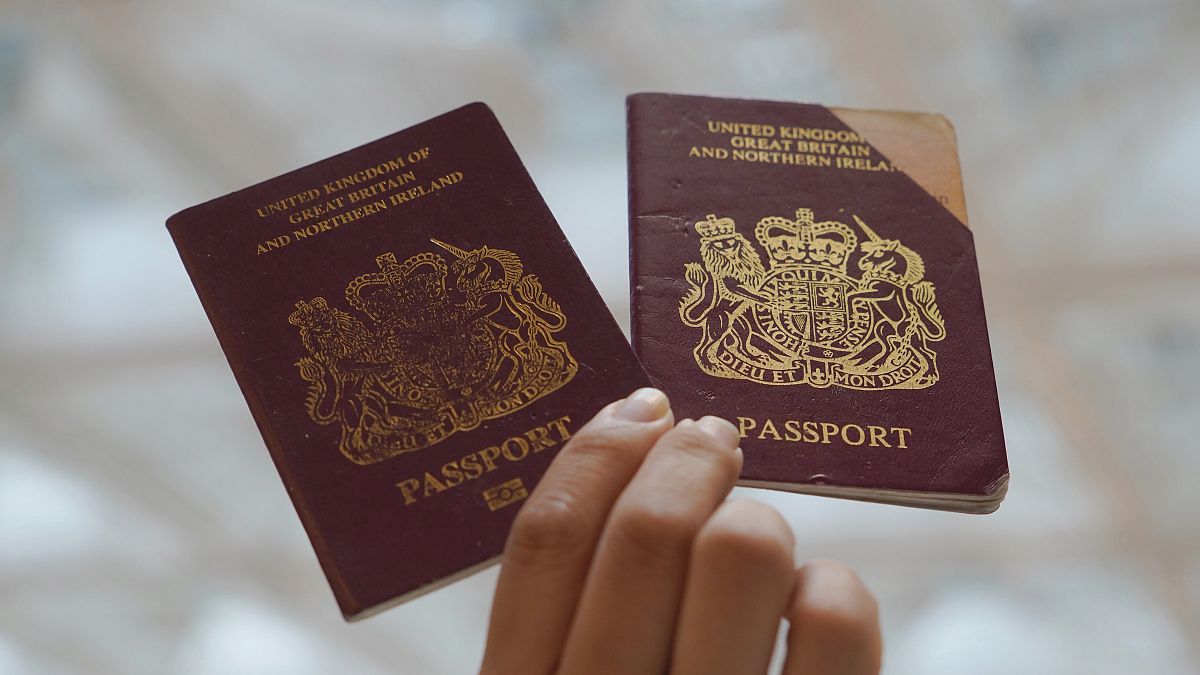The European Commission has announced plans to digitalize travel credentials for travellers to and from the EU’s Schengen zone. This initiative aims to provide a more seamless and secure travel experience by allowing individuals to store their travel documents digitally on their smartphones. By transferring data from the chip of a passport or ID card to a smartphone, travellers will be able to expedite the border crossing process. This move is seen as a way to streamline travel procedures, reduce waiting times at border crossings, and enable authorities to focus on more pressing issues such as migrant smuggling. The digital passport service will be voluntary and free for travellers, with implementation expected by 2030.
According to Věra Jourová, the Commission’s Vice-President for values and transparency, the proposal to digitalize passports and identity cards will help pave the way for a more seamless and secure travel experience. By allowing individuals to submit their travel plans and documents to authorities in advance, the process of verifying authenticity can be expedited, ultimately reducing wait times at border crossings. This will not only benefit travellers by offering a more convenient and efficient travel experience but also enable authorities to better allocate resources towards addressing more pressing issues such as migrant smuggling.
The plans to digitalize travel credentials have to be approved by the EU’s Council, which represents member states, as well as lawmakers at the European Parliament. This announcement comes as the EU prepares to implement a new system to check entries and exits from the Schengen Area. The entry-exit system, set to go into operation in November, will require non-EU travellers to go through scanners when entering the Schengen Zone. This initiative is part of the EU’s efforts to enhance border security and immigration control within the region.
The digital passport service is expected to be voluntary and free for travellers, offering a more convenient and hassle-free method of storing travel credentials. By allowing individuals to store their documents digitally on their smartphones, the need to carry physical passports or ID cards can be eliminated, reducing the likelihood of losing or misplacing these important documents. The implementation of this service could significantly enhance the travel experience for individuals transiting to and from the EU’s Schengen zone.
In conclusion, the European Commission’s plans to digitalize travel credentials represent a significant step towards offering a more streamlined and secure travel experience for individuals travelling to and from the EU’s Schengen zone. By allowing travellers to store their documents digitally on their smartphones, the border crossing process can be expedited, reducing wait times and enhancing security measures. This initiative, which is expected to be voluntary and free for travellers, is set to take effect by 2030 and has the potential to revolutionize the way individuals handle their travel documents. Ultimately, the digital passport service will offer a more convenient and efficient method of storing travel credentials, benefiting both travellers and authorities alike.











